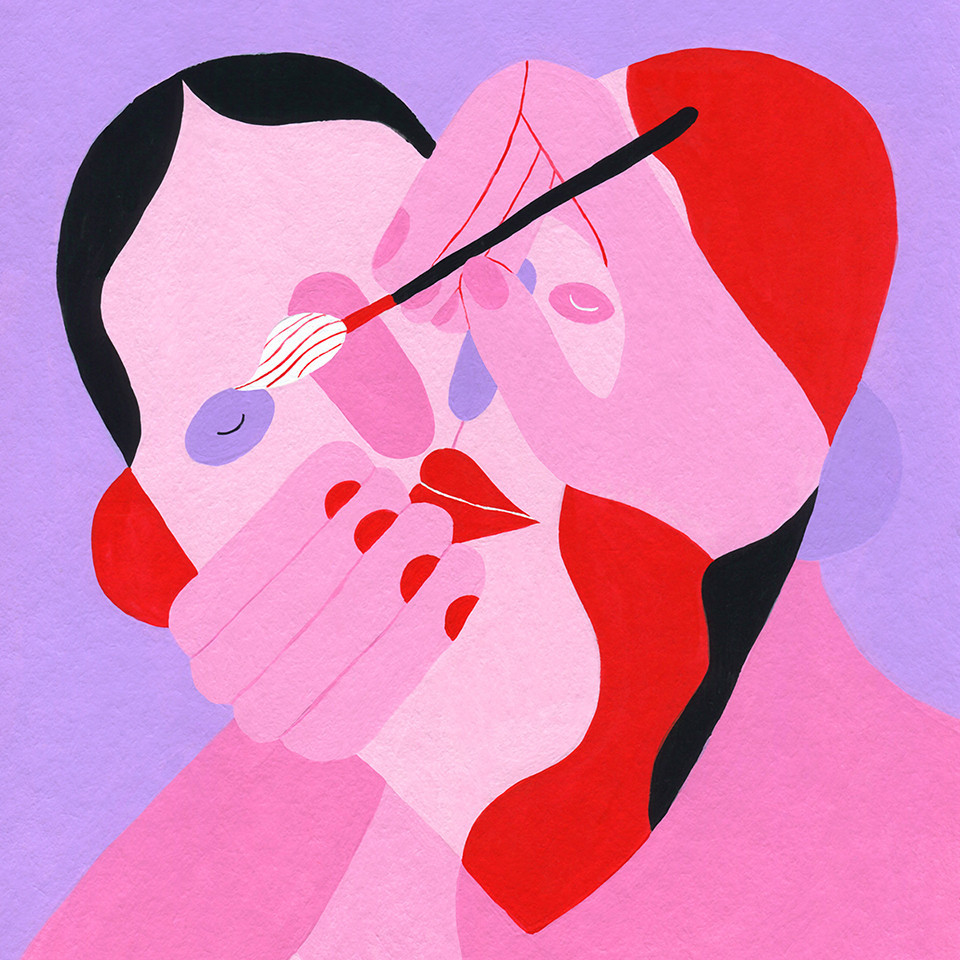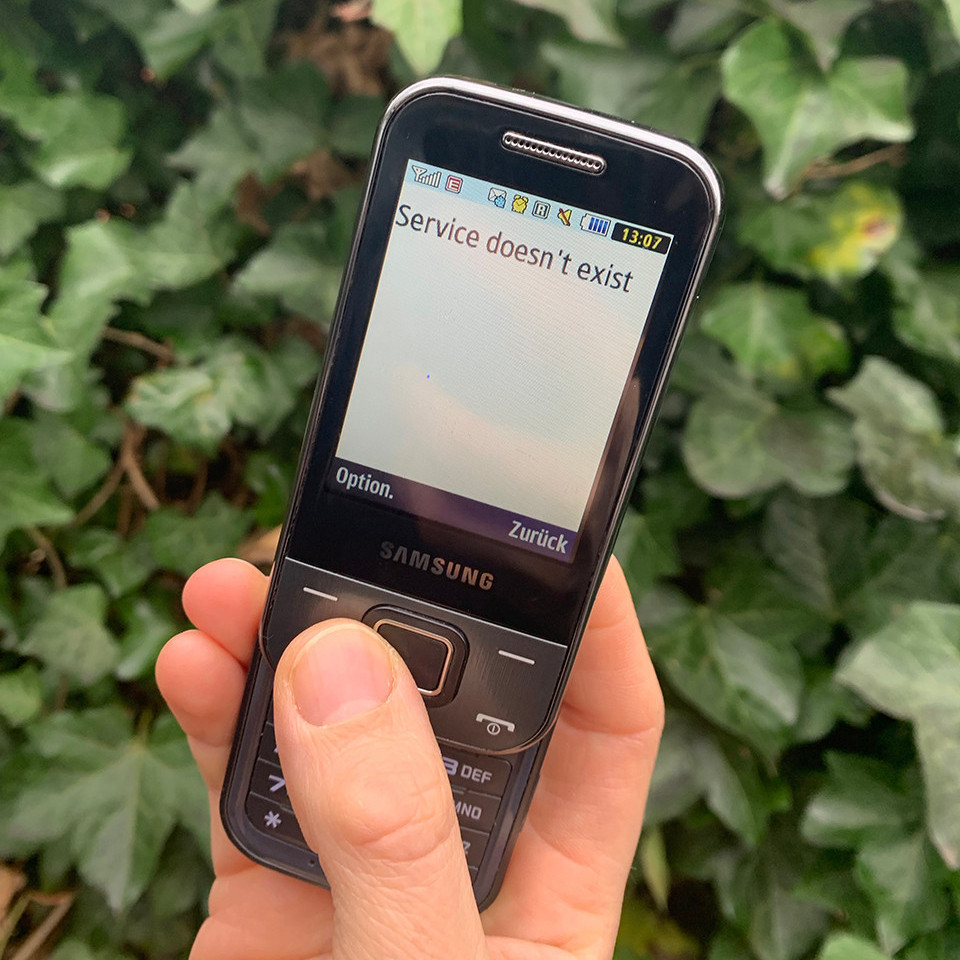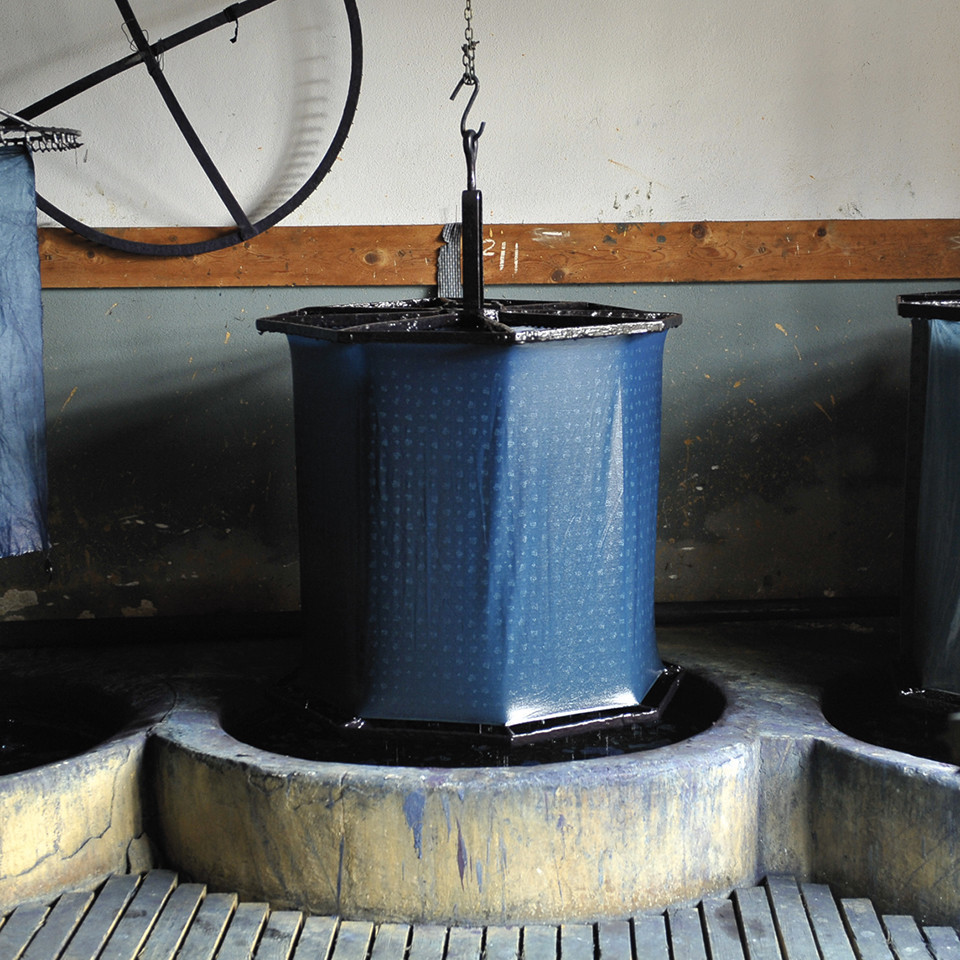
More or less - first steps on the path to a new world
Text by Oda Albers
Why do we struggle to reduce, to get along with less? Are we all collectors
at heart? And what changes when we reduce the things we accumulate? We take a look at the process of changing our paradigms.
To be honest: we could get by with less, a lot less in fact. Do we really, really need our own car, that next flight, a new sofa? In the past ten years, there has been a noticeable shift from maximalism to minimalism, from more-more-more to less-ismore, from mindless shopping to conscious consumption. As a society, though, we are still a long way from being where we need to be if we want to heal the environment and the climate, and use the resources the earth has gifted us so abundantly, but which are nevertheless finite, in a responsible way. Why do we struggle so much to be consistent, to buy less, to own less, even though we should know better?
The first solution may seem banal, but it is almost the most important: we seem to understand “reduce” as a command to forgo something, to endure unwanted change. Humans are creatures of habit, and as such we love routine; routines give us a feeling of security and that’s something our brains need – we are quite simply incapable of rethinking everything anew every day. So anything that seeks to change our habits is something we instinctively shun; we fear the loss of security, we are scared of the new and the thought of leaving our comfort zone. We have become wired to having more – money, space, food, clothes, shoes, horsepower, liberty and so many other things we have been told we should have in endless supply. For us, “more” sounds like success, like yeah, like pleasure, like passion, like progress. We have become Homo Consumens. Abstinence, on the other hand, is perennially associated with terms like poverty, discipline, joylessness, spoilsports, with diets, loss or even boundaries. And because our brain is not stupid, it helps us to come up with excuses why this change is bad – “I don’t eat that much meat”,“it can’t be that bad otherwise it wouldn’t be allowed”, “other people fly too”, etcetera ad infinitum.
Happily, there have always been role models who help us to reprogramme our lethargic and pleasure-seeking brains. Like Bea Johnson, who started blogging about zero waste almost 15 years ago and then wrote the bestseller Zero Waste Home. The French activist, who lives in California, kicks off by writing about her former lifestyle of abundance: a giant house, two cars, walk-in closets, lots of shopping and a 240-litre bin full of waste every week. But none of this made her truly happy. She came to realise that she and her husband had placed too much value on material things. Overnight, the couple radically changed their lifestyle and started questioning every purchase they made. Johnson developed the now famous sustainability pyramid: refuse, reduce, reuse, recycle, rot. All that remains is a jam jar full of waste – per year, and an incredible sense of satisfaction. Johnson’s narrative is not one of loss, but of gain. She describes how enriching her lifestyle has become and shows us images of a beautiful world that inspires us to emulate it rather than scaring us with fundamental change or the threat of deprivation. This lifestyle offers more time, more money and a deep sense of inner satisfaction.
Then there’s also the Japanese declutterer Marie Kondo and her KonMari method. The decluttering method is a sustainability strategy – we buy less, produce less carbon, use less space to live and store our belongings in. With Marie Kondo, rigorous tidying up and minimizing is not a sacrifice, but an enrichment: if you have few possessions and know exactly where everything is, then you don’t need ten pairs of scissors. And if you only have things that you value around you, then you automatically feel happier and more contented. Our brain learns that the change is rewarding! Studies have long shown that the sense of pleasure sparked by buying something is only fleeting, but the satisfaction that meaningful action triggers is deeper and more lasting.
In the film Fight Club (1999), one of the characters speaks the infinitely wise words, “The things you own end up owning you”. It is well worth taking a long hard look at everything you own – from house to car and the contents of your closet – with this in mind. How much do I possess? How much extra time and money would I have if I wasn’t busy investing it in consumption and maintenance? What are the alternatives to ownership? Why not consider sharing and hiring? More and more urban residents are choosing car sharing over car ownership. Certain clothes, particularly occasion wear that you are only likely to wear once or twice in your life, can be hired online. Community websites can be a great source of tools – you don’t need a professional ladder if you only redecorate your living room every five years.
The philosophy “collect moments, not things” goes a step further, and transforms us from being the sum of all our possessions into the far more enriching sum of all our experiences. Just think of all the things we could experience if we had more time! Once you’ve understood that giving up the “old world” does not mean less, but more moments, emotions, options, then it’s far easier to cast off routines and restructure your brain. Remember: our brains are always seeking a reward.
But there’s something else that has been stopping us humans in our transformation towards a more conscious life of less: our brains don’t just need routine, but also social harmony. We are essentially herd animals. We feel comfortable as part of a group; we don’t want to stand out – we want to be liked. And while we aspire to being individual, we want to do so in the safe context of uniformity. That’s why we’re constantly asking ourselves questions like, “will people think I’m a nerd if I don’t eat animal products?”. “Do people think I can’t afford new clothes because I’m mending my old trousers instead of buying a new pair?”. We are terrified of potentially offending others simply by doing things differently – than, say, our neighbours, our friends, our boss. The herd of the “western world” has not yet learned to apply categories such as eco-friendliness, sustainability or ecosocial aspects.
In the past decade and a half, umpteen role models, initiatives and gloomy forecasts have trickled through to the herd. The paradigm change in favour of sustainability has landed in the zeitgeist – the herd of those who view the world in terms of sustainability is getting bigger by the day. In the cities, in businesses and the young generation, the idea of what constitutes common sense has been turned on its head. All those who stubbornly cling on to their own car in a big city are increasingly considered backward. Anyone bragging about bargains as they clutch bags full of fast fashion risks a raised eyebrow. Nobody admits to enjoying cheap meat anymore. The list goes on and on.
It’s the perfect moment to take a step forward and reconsider some of our routines. You may be surprised how rewarding it can be! A treasure trove of time, satisfaction, good health, meaningfulness and a vast collection of ideas, surprises, experiences and moments of joy lies waiting in tomorrow’s world. Welcome to the good life!
Past Stories
Copy












